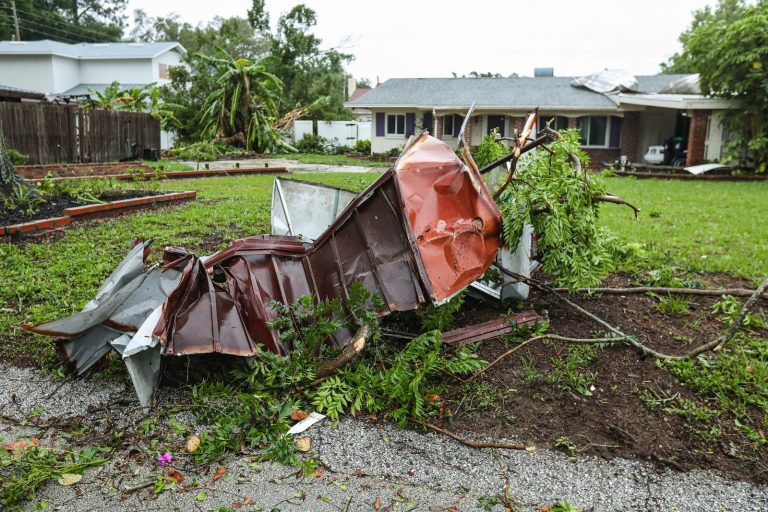The last thing anybody wants is to be facing a criminal charge in the court of law that puts their entire future at risk. Whether you’ve been picked up on vandalism charges because of your actions or you are researching to understand the charges someone you know is facing, learning everything there is to know about the common types of vandalism charges can help a person navigate the legal process.
What is Vandalism?
For those completely unfamiliar with the term, vandalism refers to the criminal act of willful destruction or damage of another person’s property. Specifically, this must occur in such a way that it defaces or diminishes the property value. Vandalism can be something as simple as writing your name in sharpie on somebody’s car, or it can be as extensive as marking a major billboard in graffiti.
3 Most Common Types of Vandalism
Vandalism is a broad term in and of itself that can potentially refer to a wide variety of different actions that occur. Given this, it’s easier to break the term vandalism down into three more specific categories for common actions. The following are a few of the most commonly seen types of vandalism:
1. Property Damage
Property damage can occur to anything that a person has legal possession of, whether it be a house, car, store, object, or something else. One of the most common forms of vandalism is the defacement or damage of another person’s property in such a way that it requires serious effort to fix. For example, robbers smashing the windows of a storefront to get in could qualify as vandalism, but so could hitting someone’s car with a bat.
2. Graffiti
The second commonly seen type of vandalism is graffiti on public or private property. In some cases, people may confuse genuine art with vandalism. The short way to determine whether or not the graffiti you see is vandalism is if somebody paid for that service to be done in the area. If nobody paid and it wasn’t approved, then the graffiti in front of you qualifies as vandalism.
3. Street Signs and Billboards
Finally, the last common type of vandalism relates to street signs and billboards. Specifically, this type of vandalism always occurs in conjunction with the above two types. Tagging a street sign or a billboard in graffiti is an extremely common tactic, but so is ripping these items down or defacing them in some other manner.
In a number of cases, vandalism is often charged in conjunction with a number of other crimes. For examples, in the robbery situation outlined earlier where criminals shattered a store’s windows to get in and perform a robbery, they could be charged with both vandalism and burglary at the same time. The situation in which an act of vandalism occurs will also have a major effect on the severity of punishment.
Legal Repercussions for Vandalism: What to Expect
As you begin to reach out to accredited vandalism criminal defense lawyers in your area, it’s only natural to wonder what potential legal ramifications you are facing based on your charges. There are a number of factors that can influence the punishment a person convicted of vandalism is assigned, which makes knowing what to expect challenging.
An act of vandalism can be either a misdemeanor or a felony depending on the severity of the incident and what occurred. A small misdemeanor vandalism charge may only result in a fine of a couple hundred dollars or a few months in jailtime. For serious acts of vandalism where significant property damage occurred, however, it’s entirely possible that a person could receive multiple years of jail time as a punishment.
The first step to learning what punishments you are potentially facing in court is to determine whether or not you are being charged with a misdemeanor or a felony, and which degree of each you are facing.
The Bottom Line
Facing a criminal charge of vandalism is no laughing matter and the repercussions should you be found guilty can be far-reaching. Due to this, it’s best to contact a criminal defense attorney with experience in vandalism law as soon as possible. This will allow you the chance to gather as much information, evidence, and potential witness reports as possible prior to the beginning of the trial. Don’t settle for a conviction simply because you were arrested when there is still a way to prove your case in court.

0 Comments